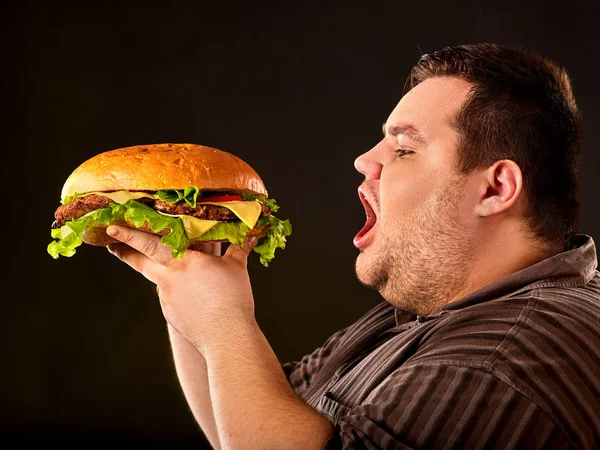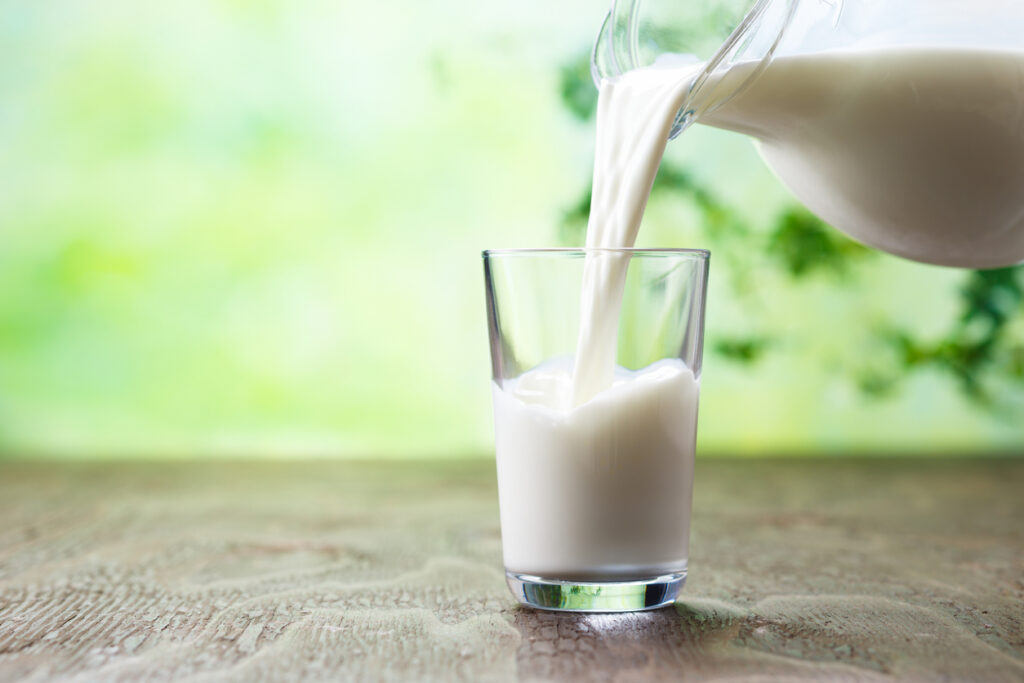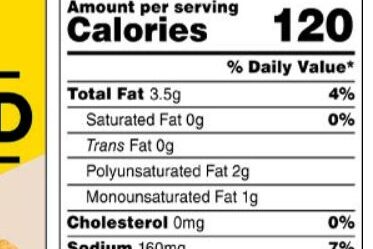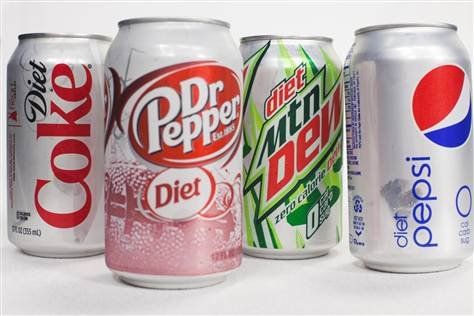1. Fat Makes You Fat

For years, we’ve been told all kinds of “rules” about food and health—many of which turned out to be more marketing than science. From fat to breakfast to water, plenty of common beliefs have been proven wrong. Let’s start with one of the biggest myths of all:
The low-fat craze of the past had people avoiding avocados, nuts, and oils, thinking fat itself was the problem. Instead, people turned to low-fat foods loaded with sugar and refined carbs, which often made weight gain worse. Healthy fats are actually beneficial, supporting brain function and energy while helping you feel full. Olive oil, seeds, and fatty fish are not the enemies we once thought they were. Eating fat does not automatically mean storing fat. The body is far more complex, and balance always wins. Cutting all fat from your diet only makes health harder to maintain.
2. Breakfast Is the Most Important Meal

We all grew up hearing breakfast was the key to energy and focus, yet that rule is more tradition than science. The truth is some people thrive on a hearty morning meal while others feel better delaying food until later. The idea was popularized by cereal companies more than medical experts. Today, many find intermittent fasting or simply waiting for hunger works just as well. There is no universal need for breakfast, only what suits your body and routine. So if skipping it feels natural, you are not breaking a rule or harming your health.
3. We Need Eight Glasses of Water a Day

The classic advice to drink eight glasses of water daily has been repeated for years, but it is not based on solid science. Hydration depends on so many factors like activity, climate, and even the foods you eat. Fruits, soups, and vegetables often provide plenty of water without anyone realizing it. Most people naturally drink enough when they listen to thirst cues instead of counting cups. The truth is simple, clear urine and comfort are better indicators than rigid numbers. So, while hydration is essential, obsessing over exactly eight glasses is more myth than necessity.
4. A Glass of Wine Is Good For the Heart

For decades, many believed that a glass of wine every evening was a heart-healthy ritual, but evidence now tells a different story. While red wine contains compounds once thought protective, drinking alcohol regularly still carries risks. It may raise chances of developing serious health conditions and is not the miracle some claimed it to be. A better approach for heart health is through diet, exercise, sleep, and managing stress. Enjoying wine socially is fine for many, but believing it is a magic shield for your heart is one of those myths that has finally faded.
5. Red Meat Is Always Bad

For years, red meat was treated as something to avoid completely, but the truth is more balanced. Lean cuts eaten in moderation can fit into a healthy lifestyle without causing harm. The real concerns often lie in processed meats like hot dogs or bacon rather than a simple steak. Red meat provides protein, iron, and essential nutrients that the body needs. Cooking methods also matter, since grilling and frying create different effects than baking or stewing. It is not about banning red meat entirely, it is about moderation, variety, and making thoughtful choices about what goes on your plate.
6. Milk Builds Strong Bones

Milk has long been advertised as the ultimate bone builder, yet research paints a more complicated picture. While dairy provides calcium, it is not the only or even the most reliable factor in bone strength. Exercise, vitamin D, and overall diet play major roles. Some populations with lower dairy consumption actually have fewer bone health issues than places where milk is consumed daily. Relying on milk alone overlooks the bigger picture. Strong bones come from a lifestyle of balance and variety. Milk can contribute, but it is not the magical answer we were all led to believe.
7. Sugar Makes Kids Hyper

Parents often brace themselves for sugar-fueled chaos at parties, but the connection between sugar and hyperactivity is not as direct as many think. Kids get excited in social settings with games, fun, and friends, which often explains bursts of energy more than sugar itself. While too much sugar is harmful for other reasons like weight gain or dental problems, it does not instantly turn children into whirlwinds. Energy spikes are usually environmental, not just nutritional. The myth lingers because the timing feels convincing, but sugar is not the culprit parents imagined. Excitement, not frosting, is usually to blame. Note: While it may not always be the culprit, consuming less sugar is always a good idea, and this should be made clear.
8. Snacking Ruins Appetite

The old warning that snacks spoil dinner made many feel guilty for eating between meals. In reality, healthy snacking can support focus and energy while preventing overeating later. It is less about the act of snacking and more about what you choose. Nuts, yogurt, or fruit can steady blood sugar and keep hunger balanced. On the other hand, mindlessly reaching for chips or sweets can set anyone off track. Snacks are not the enemy when they are thoughtful and balanced. Instead, they can become helpful tools to keep the day steady and the body fueled comfortably.
9. All Calories Are Equal

On paper, calories look identical, but the body treats them differently depending on where they come from. A can of soda and a handful of almonds may have similar numbers, yet their effects are worlds apart. Soda spikes blood sugar and quickly crashes, leaving you hungry again, while almonds provide lasting energy, fiber, and nutrients. The idea that all calories are equal ignores how food interacts with metabolism. Quality matters as much as quantity. Choosing nutrient-dense foods over empty calories helps your body function better and feel fuller, which is what health is really about.
10. Eating Late Causes Weight Gain

We have all been told not to eat late at night, but the truth is the timing is not the main problem. What matters most is the quality and amount of food eaten overall. Late eating often means grabbing chips, ice cream, or fast food, which explains the link with weight gain. But if you are choosing a balanced meal at night, it does not automatically lead to extra pounds. The body cares about patterns and totals more than the clock. Late dinners or snacks are fine when choices remain mindful and portion sizes stay reasonable.
11. You Need Three Meals a Day

The pattern of breakfast, lunch, and dinner has been seen as the standard, but it is really just tradition shaped by culture. Many people today thrive on different rhythms such as two larger meals or intermittent fasting windows. Some find more focus and steady energy with alternative eating schedules rather than the strict three. The body is adaptable, and what works for one person may not suit another. There is no strict rule that eating three times daily is required for good health. Flexibility and listening to your own needs can often be far more effective.
12. Diet Soda Helps with Weight Loss

When diet sodas first became popular, they seemed like a smart solution for cutting calories, but the reality has been disappointing. Artificial sweeteners can trigger cravings, confuse the body’s hunger signals, and sometimes even increase appetite. Many people who rely on diet sodas end up struggling with the same weight concerns they hoped to avoid. While they might feel like a lighter choice, they are not the magic trick once promised. Choosing water, sparkling water, or unsweetened tea offers a cleaner path. In the end, real food and balance often do more than shortcuts ever could.
This story 12 Things We Learned About Diet and Health That Turned Out to Be Totally False was first published on Daily FETCH


